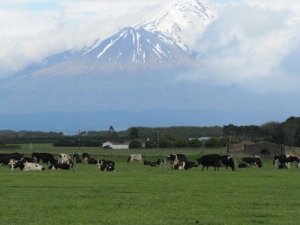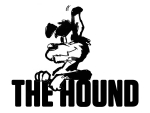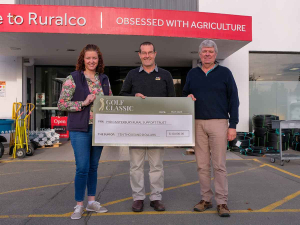MPI has released guidelines for ensuring food safety and animal welfare after spreading rocks and minerals from drilling oil and gas wells on land, including the practice known as landfarming.
MPI director of Resource Policy, David Wansbrough, says the guidelines have been compiled in collaboration between central and local governments and industry groups.
“Everyone involved is committed to protecting the health and wellbeing of consumers and the welfare of animals. We even spoke to the farmers themselves who are proud of their ability to produce safe food and keep their animals healthy.”
The guidelines come on the back of a detailed review and analysis of the New Zealand and international science by independent experts, Landcare Research, says Wansbrough.
“The science tells us there is no risk to food safety or animal welfare if there is no grazing or harvesting until the level of hydrocarbons in the soil meet specified values.
“This isn’t about fracking or pouring oil on land. It’s about ground up rocks, mud and minerals left over from drilling very deep holes in the ground. Much the same as you would find if you dug a deep enough hole in your own backyard – mud, rocks, minerals and maybe some naturally occurring hydrocarbons.”
Wansbrough says that low levels of hydrocarbons can be found in every day products such as soft drinks, coffee, and barbequed food. However, the new guidelines aim to ensure that there is no risk from hydrocarbons after spreading.
“Soil organisms naturally break down hydrocarbons like these, which is why it is a common and accepted practice internationally to spread these left-over rocks and minerals into soil.
“This process allows the rocks and minerals to be recycled to improve the productivity of some soils. They increase the clay content and improve the soil’s ability to retain water and nutrients – this can improve pasture growth and reduce the risk of erosion.”
“This guidance provides scientific assurance, regulatory clarity and a nationally consistent approach to ensure food safety and animal welfare,” says Wansbrough.
The guidance document is available at www.mpi.govt











